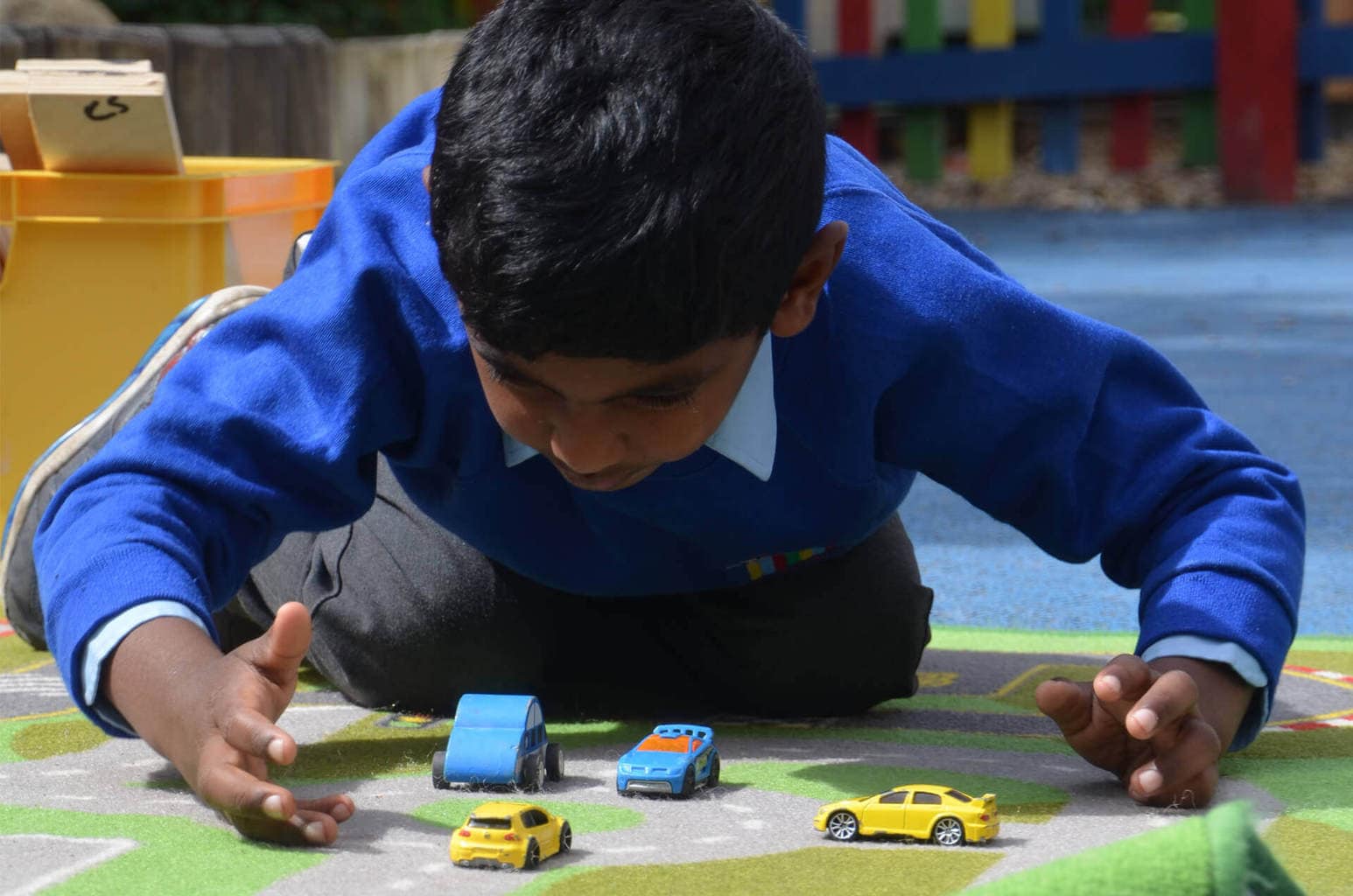




Behaviour
Aims and Expectations
At Oldbrook First School, we want every member of the school community to feel valued and respected, and to be treated fairly and well. We are a caring community, whose values are built on mutual trust and respect for all. Our school behaviour policy, is therefore, designed to support the way in which all members of the school can live and work together in a supportive way. It aims to promote an environment where everyone feels happy, safe and secure.
We follow restorative principles which provide a highly effective framework for building our learning community and social relationships that are respectful, inclusive and engaging.
The school has a number of GOLDEN RULES, but the aim of our behaviour policy is not to enforce rules. It is a means of promoting good relationships so that people can work together with the common purpose of helping everyone to learn. This policy supports the school community in aiming to allow everyone to work together in an effective and considerate way. The school expects every member of the school community to behave in a caring way towards others.
The school rewards good behaviour, as it believes that this will develop an ethos of kindness and cooperation.
We treat all children fairly and apply this behaviour policy in a consistent way.
Behaviour Policy including Anti Bullying September 2024
School Rules
Our Golden Rules
- We are kind and friendly;
- We try our best at work and play;
- We look after Oldbrook First School and everything in it;
- We speak and listen at the right times;
- We always walk in school;
- Sometimes we all make mistakes and we are sorry.
The Role of Parents
The school works collaboratively with parents, so children receive consistent messages about how to behave at home and at school.
We explain the school rules in the School Prospectus, and we expect parents to read these and support them.
We expect parents to support their child’s learning, and to co-operate with the school, as set out in the Home–School Agreement. We try to build a supportive dialogue between the home and the school, and we inform parents immediately if we have concerns about their child’s welfare or behaviour.
